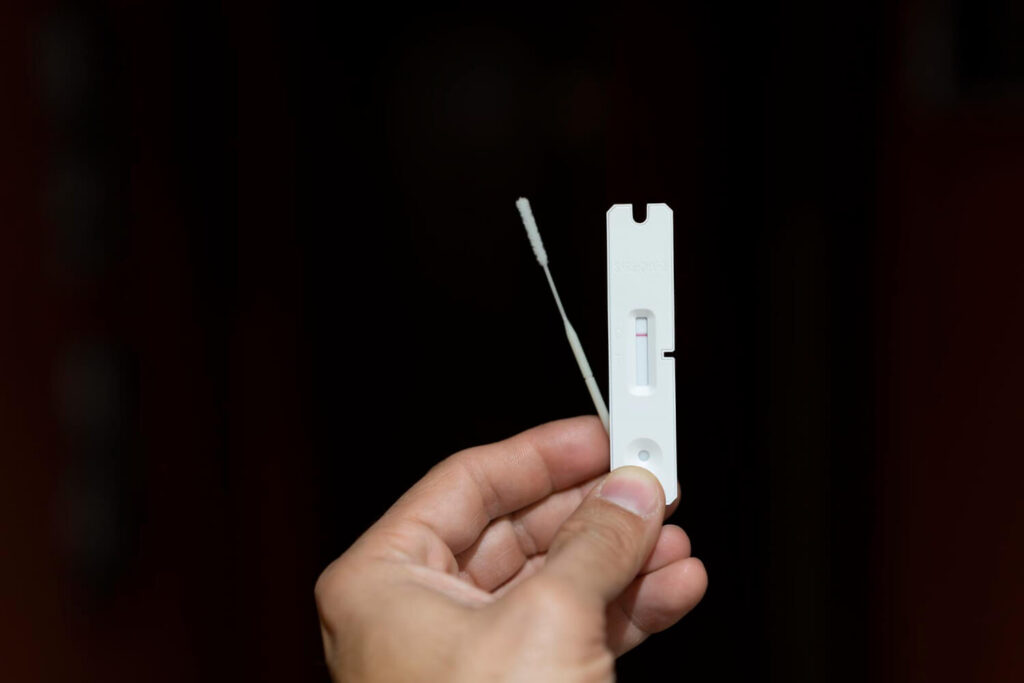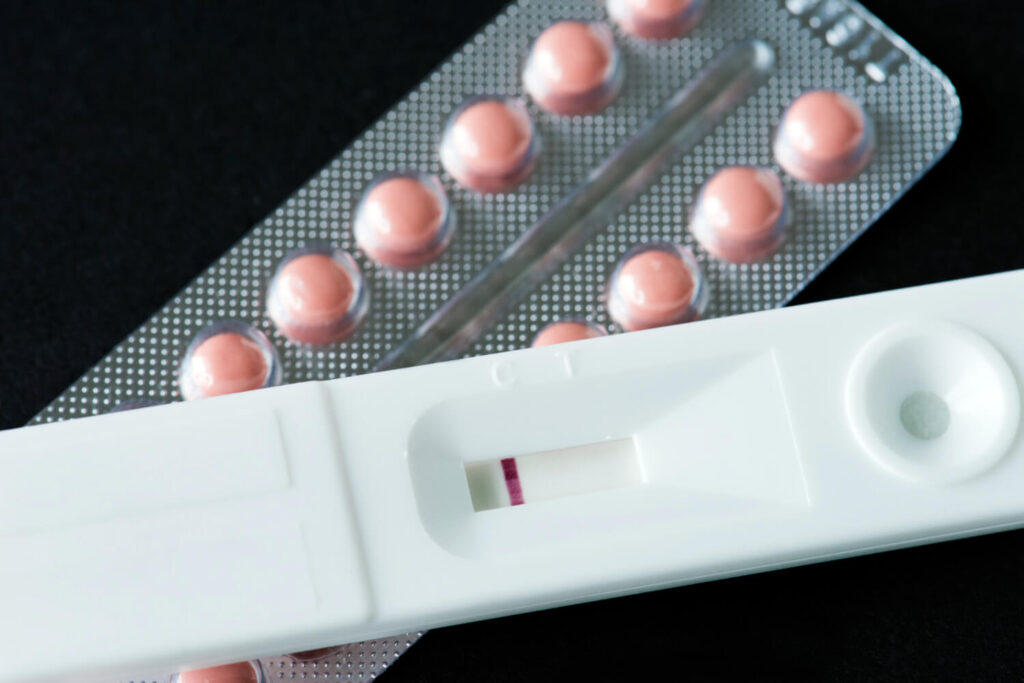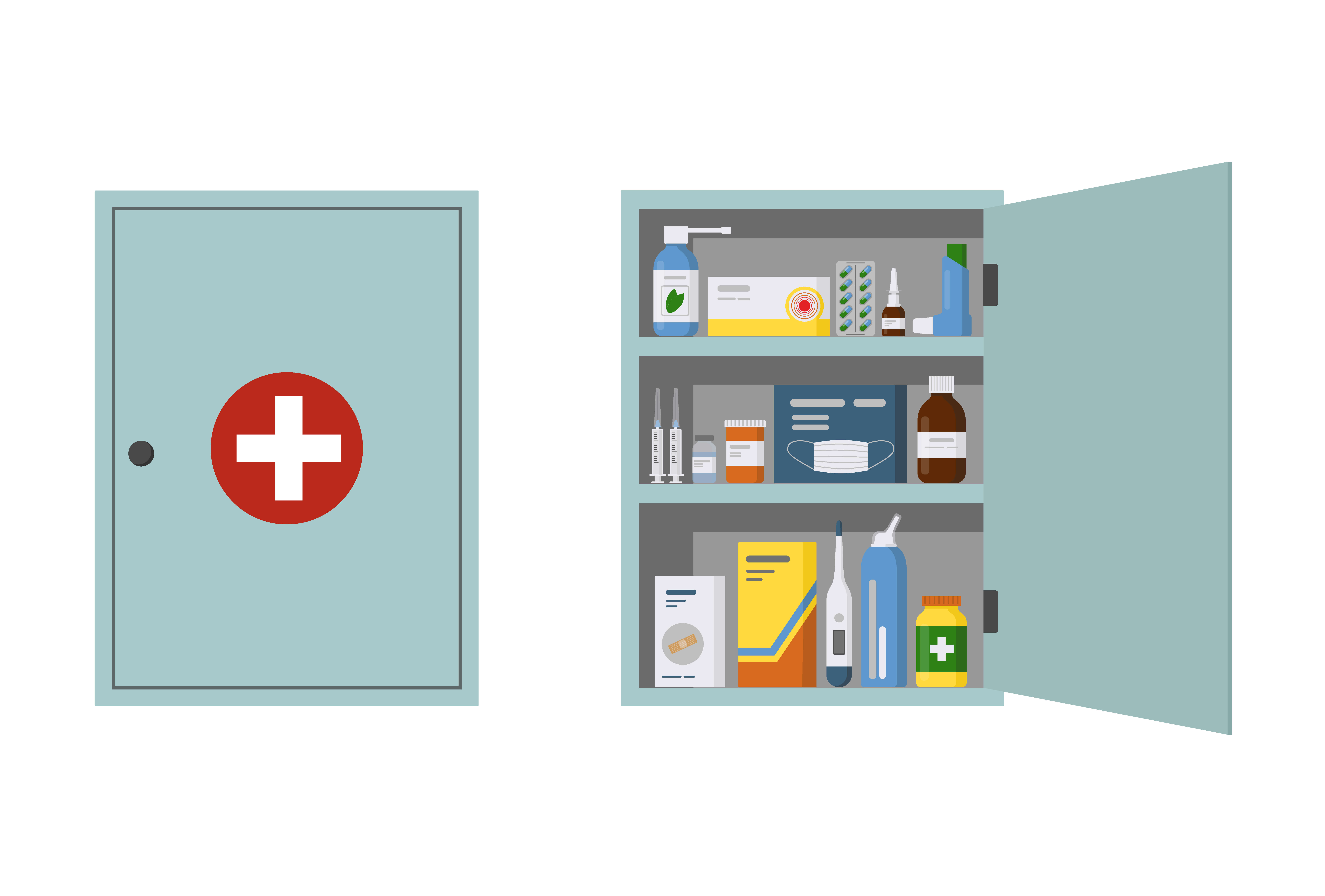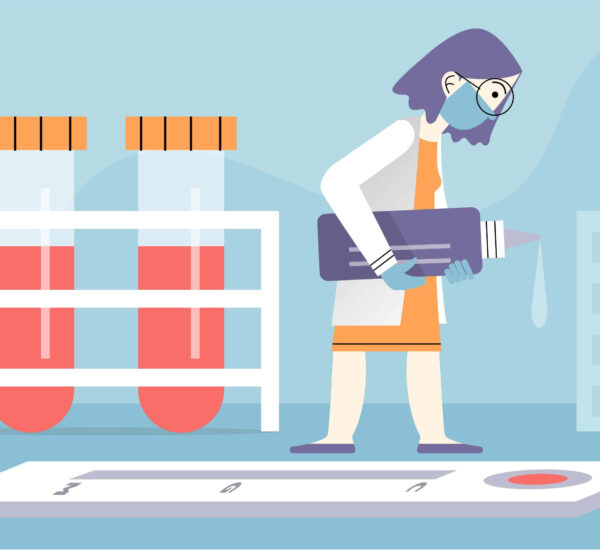Proper storage of HIV test kits is crucial for maintaining their accuracy and reliability. Incorrect storage can compromise the functionality of the test kit, leading to false results of HIV infection. HIV test storage requires specific conditions, including control over temperature and humidity, to ensure the kit works for its one-time use.
Find out how to handle HIV test kits properly, and understand the aspect of HIV test storage to ensure accuracy and functionality. Let’s begin!
Ideal Storage Conditions for HIV Test Kits

Most HIV test kits are designed to be stored at room temperature, typically between 2°C and 30°C (36°F and 86°F). This room temperature for HIV test kit ensures the stability of the components in the test device, such as the chemicals and reagents used to detect HIV antibodies or antigens.
Extreme temperatures, whether too hot or cold, can degrade the kit’s effectiveness. For example, storing an HIV test kit in a hot car or a damp bathroom could damage the test’s functionality, leading to unreliable results. To maintain the accuracy of your HIV test kit, store it in a cool, dry place away from direct sunlight and moisture.
For better HIV test storage, it’s best to refer to the specifications identified on the box labels. Such information is crucial to ensure proper usage of the specific type of HIV test kit you are using. At the same time, you can ask the store about the ideal temperature and place for storage.
How to Check If Your Test Kit is Still Reliable

Before using your HIV test kit, check the expiration date. Using a kit that has expired may lead to inaccurate results, as the reagents inside may have lost their potency over time. Additionally, examining the packaging for any signs of damage or exposure to moisture could indicate that the test is no longer reliable.
On the other hand, some components of the test kits are vital for specimen collection like blood and oral fluid samples. If any test material is missing, it’s best to dispose of the test kit. You can also contact the test provider regarding the missing test material. Although, if you’re unsure whether your test kit is still valid, it’s best to replace it with a new one from a reputable source, such as a licensed pharmacy or healthcare provider.
Frequently Asked Questions
What is the ideal temperature for storing HIV test kits?
HIV test kits should be stored at room temperature, between 2°C and 30°C (36°F and 86°F). Avoid storing the kit in places with extreme temperatures or high humidity levels.
What should I do if I suspect my test kit was exposed to heat?
If you believe your HIV test kit was exposed to extreme heat, it’s best to replace it with a new one. Prolonged exposure to heat can affect the accuracy of the test results.
Although, you can also visit testing facilities near you to undergo HIV testing. Healthcare workers in local clinics can assist everyone in terms of health issues.
How long can I store an HIV test kit before using it?
Check the expiration date on the packaging to determine how long the test kit is valid. As long as it’s stored under proper conditions and hasn’t expired, it should remain reliable.
Should I store my test kit in the refrigerator?
No, HIV test kits should not be stored in the refrigerator unless specifically instructed by the manufacturer. Storing HIV test kits properly at room temperature in a dry place is usually sufficient.
Final Takeaway
Ensuring the proper HIV test storage is key to maintaining their accuracy and reliability. By following recommended storage guidelines, such as keeping the kit at room temperature and avoiding exposure to extreme humidity or heat, you can trust that your test results will be reliable. In short, for accurate results, proper storage is just as important as correct usage.
If you need to replace your faulty HIV test kit, specific markets offer credible test kits. However, it’s also ideal to check with a healthcare provider for more effective testing. Book an online consultation with an infectious disease doctor today!



